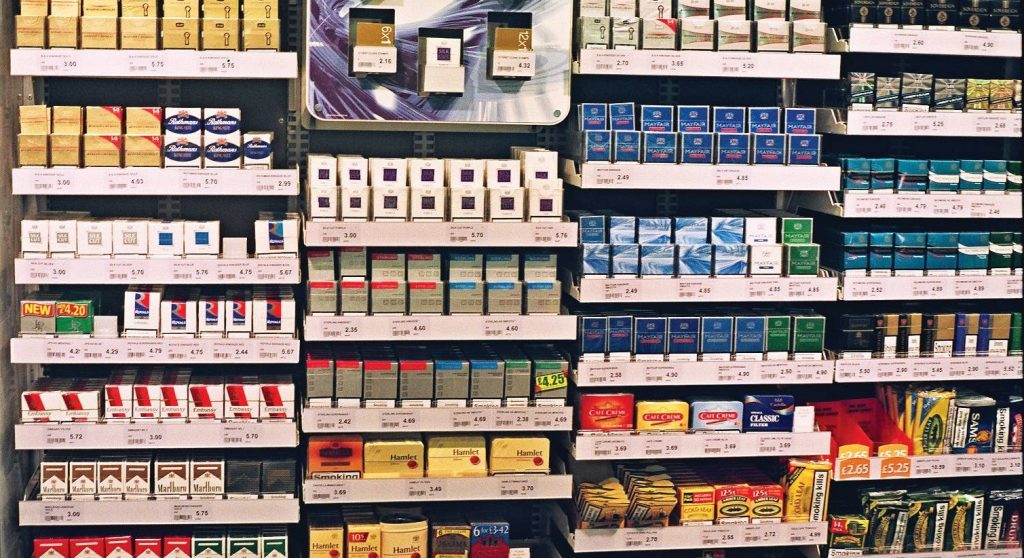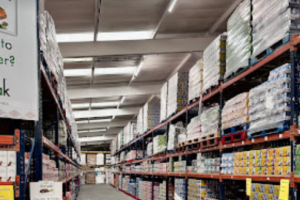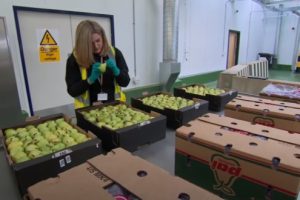A team from the Universities of Edinburgh and Glasgow examined ways of reducing the number of places where people can buy tobacco products in Scotland.
Researchers created digital maps of all the country’s registered tobacco retailers – of which there are more than 9,000 – and simulated how different policies would alter the number of outlets.
The team also studied the impact of regulating the type of shops allowed to sell tobacco, or where it can be sold. It also looked at the effects of introducing caps on numbers of retailers in certain areas.
The findings show that as well as blocking sales near children’s spaces, several measures could lower the number and density of outlets and reduce inequalities in availability. These include stopping sales in small local shops – where tobacco products are most often bought – or restricting sales to supermarkets only.
A simulation of limiting sales to supermarkets led to the largest reduction in licensed outlets at 94.6%, followed by confining tobacco sales to off-licences at 94.1% or chemists at 86.6%. Banning sales from pubs, restaurants and private clubs led to the smallest reduction in outlet numbers at 23.9%.
However, some measures to reduce tobacco retailers could increase inequalities in availability, researchers found.
Professor Niamh Shortt, principal investigator, School of GeoSciences, University of Edinburgh, said: “We need to identify ways to reduce smoking rates, particularly in young people, the most recent data shows us that smoking rates in young people have levelled off and are no longer falling. One way to address this is to reduce the number of retailers permitted to sell tobacco. We do not need to sell known cancer-causing products alongside everyday products like bread and milk.”
Dr Fiona Caryl, lead author from University of Glasgow, added: “Measures to reduce tobacco availability should form part of the Scottish government’s efforts to create a tobacco-free generation by 2034. However, it is important to understand which policies would be most effective while ensuring social inequalities aren’t being exacerbated.”
The study, published in the journal Tobacco Control, was funded by Cancer Research UK.
 Talking Retail Grocery and product news for independent retailers
Talking Retail Grocery and product news for independent retailers






